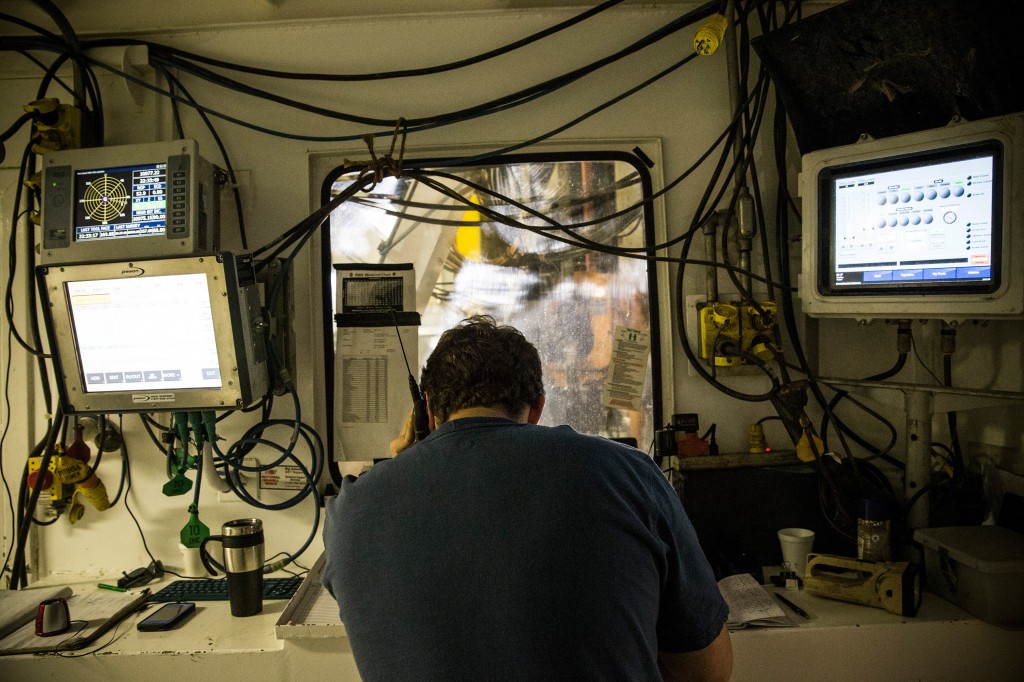As a theoretical construct, carbon capture and sequestration (CCS) seemingly has a lot to offer. Foremost, it would allow mankind to continue the uninhibited burning of fossil fuels while at the same time ‘saving’ the climate by ‘removing’ CO2 emissions from the atmosphere – the latter being the main reason why CCS is frequently mentioned… Keep reading →
Enhanced Oil Recovery
Why We Need to Get from Carbon Capture & Storage (CCS) to Carbon Capture & Utilization (CCU)
By Roman KilisekSign up and get Breaking Energy news in your inbox.
We will never sell or share your information without your consent. See our privacy policy.In a Low Oil Price Environment: Increasing Oil Field Productivity via Microbially Enhanced Oil Recovery (MEOR)
By Roman KilisekEvery year Germany’s Federal Institute for Geosciences and Natural Resources (BGR) publishes its annual BGR Report showcasing BGR scientists’ work on fascinating projects in the world of geosciences. All projects are driven by BGR’s mission statement – “Planet Earth represents the basis for all our lives – its resources are limited” – and underscore BGR’s… Keep reading →
Supercritical CO2 power cycles are gaining increasing attention in the engineering world. sCO2 is an ideal working fluid for use in power generating turbines because it offers high efficiency in a compact footprint and can be matched to many different heat sources. sCO2 power turbines could potentially replace steam cycles in a wide variety of… Keep reading →
Energy News Roundup: CO2-EOR Analysis, NY Hits 10k EVs and Shell Midstream Hits Ground Running
By Jared AndersonThe future of carbon-dioxide enhanced oil recovery looks mixed, with the US unconventional resource boom potentially limiting growth CO2-EOR growth. “The shale (tight) oil revolution is an under-discussed threat to CO2 EOR prospects. The table below shows the 15 largest CO2 EOR producers in North America ranked alongside the 15 largest spenders in the shale… Keep reading →
Carbon capture has been slow to fulfill the hopes held for it by a wide range of powerful energy policy players – from the Natural Resources Defense Council to the International Energy Agency – who see the technology as crucial in the fight against global warming. But its prospects in the United States got a boost… Keep reading →
NEORI, the National Enhanced Oil Recovery Initiative is organized and staffed by the Center for Climate and Energy Solutions (C2ES) and the Great Plains Institute. NEORI has authored a series of innovative policy proposals to promote the use of carbon capture and sequestration, CCS, to provide much needed CO2 for use in enhanced oil recovery,… Keep reading →
In the past I have been extremely skeptical of carbon capture and sequestration, CCS, but recently my opinion has evolved based on the sober conclusion that hydrocarbon fuels simply are not going away. Both supply and demand for coal, oil and gas continue to grow globally along with their carbon emissions and dangerous impacts on… Keep reading →
Opec member United Arab Emirates is reportedly considering investing in North American energy assets and possibly importing natural gas as part of the deal. Major oil producers across the Arabian Gulf region – including the Saudis – face tightening gas production and consumption fundamentals, as their domestic energy use soars, greater volumes of associated gas… Keep reading →
Oil and gas companies have discovered most of the world’s “easy oil,” but face extreme pressure from shareholders and Wall Street to consistently increase production and replace reserves, which takes them further offshore and closer to the poles. And as petroleum resources are increasingly developed in outpost locations with unconventional methods, the key to making… Keep reading →
Former US Secretary of Energy Steven Chu has joined the board of carbon capture firm Inventys. The announcement is a coup for Vancouver-based Inventys, which sees big market opportunities in the US, specifically in the enhanced oil recovery space. Operators in mature oil formations, such as Texas’ Permian Basin, often use EOR – which can… Keep reading →










